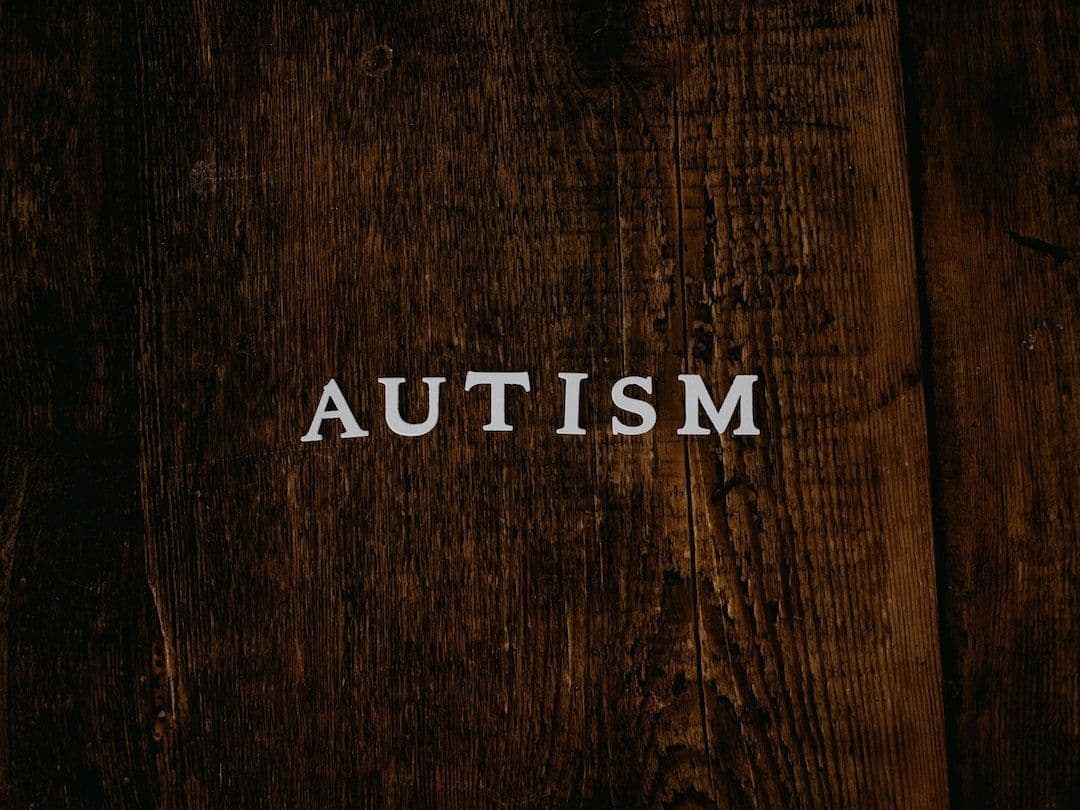
Autism Disorder
Autism is a complex neurological disorder that affects the development of communication, social interaction, and behavior. It is characterized by difficulty with social interactions, difficulty with verbal and nonverbal communication, and restricted and repetitive patterns of behavior. There are three main types of autism: Autistic Disorder, Asperger's Syndrome, and Pervasive Developmental Disorder-Not Otherwise Specified (PDD-NOS). Autistic Disorder is the most severe form of autism and is characterized by significant impairments in social interaction and communication. Asperger's Syndrome is a form of autism that is characterized by milder impairments in social interaction, but similar impairments in communication and behavior. PDD-NOS is a milder form of autism that is characterized by milder impairments in social interaction, communication, and behavior.
The advantages of autism include increased creativity, enhanced focus and attention to detail, and increased empathy. People with autism often have an increased ability to focus on tasks and pay attention to details that others may miss. They also often have an increased empathy for others and a heightened sense of morality. The disadvantages of autism include difficulty with social interactions, difficulty with communication, and restricted and repetitive patterns of behavior. People with autism often have difficulty with social interactions, including difficulty understanding social cues, difficulty interpreting facial expressions, and difficulty understanding the emotions of others. They also often have difficulty with communication, including difficulty understanding verbal language, difficulty expressing themselves verbally, and difficulty understanding nonverbal communication. Finally, people with autism often display restricted and repetitive patterns of behavior, such as repetitive movements or rituals, insistence on sameness, and difficulty transitioning between activities.
High-IQ patients with autism often have an increased ability to focus on tasks and pay attention to details that others may miss. They also often have an increased empathy for others and a heightened sense of morality. However, they may still struggle with social interactions, communication, and restricted and repetitive patterns of behavior.
High-IQ patients with autism may be able to understand and use language better than other patients with autism, but they may still struggle with social interactions. They may have difficulty understanding social cues, difficulty interpreting facial expressions, and difficulty understanding the emotions of others. They may also have difficulty expressing themselves verbally and understanding nonverbal communication.
High IQ patients with autism may also display restricted and repetitive patterns of behavior, such as repetitive movements or rituals, insistence on sameness, and difficulty transitioning between activities. These behaviors can be difficult to manage and may require special interventions and therapies to help the patient cope.
Treatments for autism vary depending on the individual and their needs. Generally, treatments for autism focus on helping the individual improve their social skills, communication skills, and behavior. Therapies such as Applied Behavioral Analysis (ABA), Speech and Language Therapy, Occupational Therapy, Social Skills Training, and Cognitive Behavioral Therapy (CBT) are often used to help individuals with autism improve their social skills, communication skills, and behavior. Additionally, medications such as antipsychotics, antidepressants, and stimulants may be used to help manage some of the symptoms of autism. Finally, alternative therapies such as music therapy, art therapy, and animal-assisted therapy may also be used to help individuals with autism.
If you want to know how is life like an Autism spectrum disorder with High-IQ. I must recommend you to watch a K Drama name "Extraordinay Attorney woo" This is one of the most heart-touching and informative stories I have ever seen.
Appreciate the creator